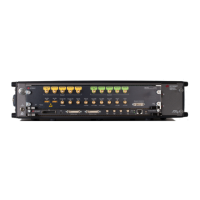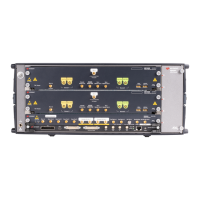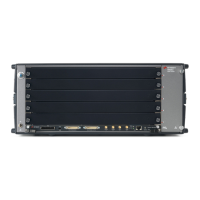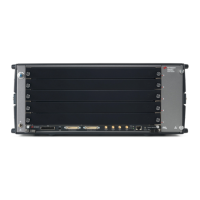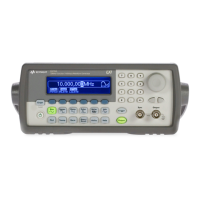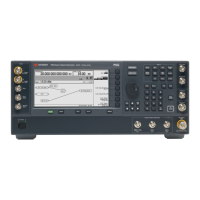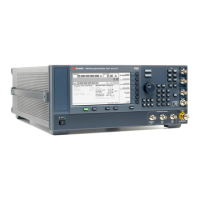M8100 Series Arbitrary Waveform Generators Getting Started Guide 19
Introduction 1
M8198A Arbitrary Waveform Generator
Keysight’s M8198A 128 GSa/s Arbitrary Waveform Generators are
high-performance signal source with large memory and sequencing
capabilities for generation of arbitrary signals, to aid engineers in quick
development and design of complex electronic and computing systems.
The key benefits of using the M8198A Arbitrary Waveform Generator are:
• Up to two channels per module at 128 GSa/s with an analog
bandwidth of 58 GHz
• Integrated, ready-to-use instrument, requires M8008A clock module
• Operates with well-known software, like MATLAB, Keysight IQTools and
SCPI programming interface based on M8070B
• Offers up to 8 GSa sample memory per channel
M8198A Applications
• Coherent Optical Applications - The M8198A is the ideal solution to test
various optical systems from discrete components like optical power
amplifiers to more complex dual polarization systems such as optical
modulators or optical receivers. Even for tests of signal processor ASICs
or algorithm, the M8198A is an excellent signal source to provide
stressed signals to these devices.
• Multi-Level/Multi-Channel Digital Signals - The M8198A is the right
tool that provides the flexibility for advanced research on improved and
more advanced modulation formats to boost transmission rates to the
next level. The flexibility of the waveform generation with highest
speeds, combined with excellent intrinsic jitter performance makes the
M8198A a truly unique and versatile instrument.
• Wideband RF Signal Generation in Wireless and Aerospace/Defense
applications - With sample rates of 128 GSa/s, the M8198A has
enough oversampling gain to generate extremely broad bandwidth, yet
high fidelity RF signals.
• Physics, Chemistry and General-Purpose Electronics Research - The
M8198A AWG allows you to generate any arbitrary waveform that can
be mathematically described. For example, a signal calculated in
MATLAB can be downloaded directly into the M8198A. This includes
ultra-short, yet precise pulses down to ~7 ps pulse width or extremely
short, wideband RF pulses and chirps which are needed to investigate
in chemical reactions, elementary particle excitation and quantum
effects.
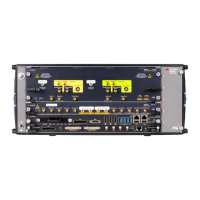
